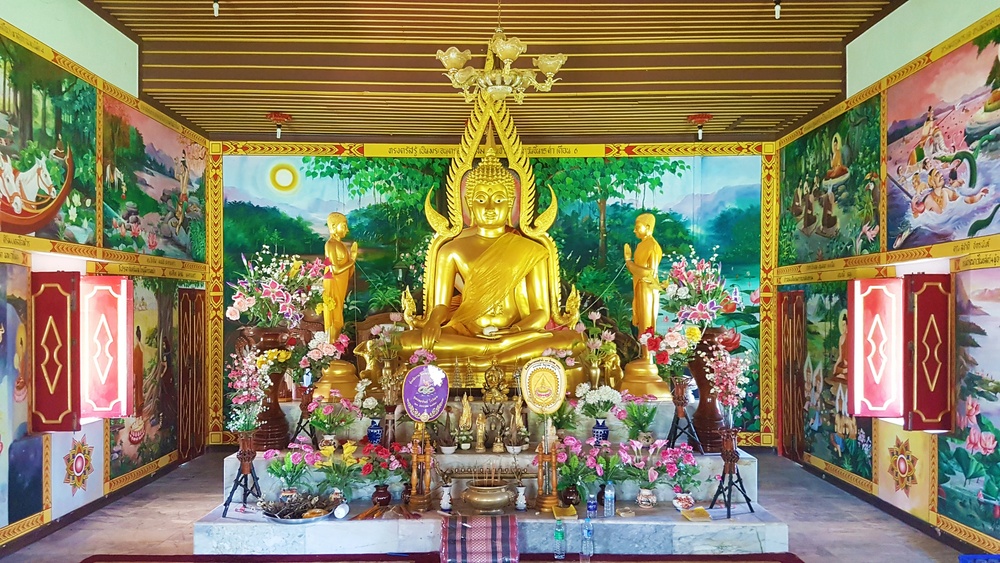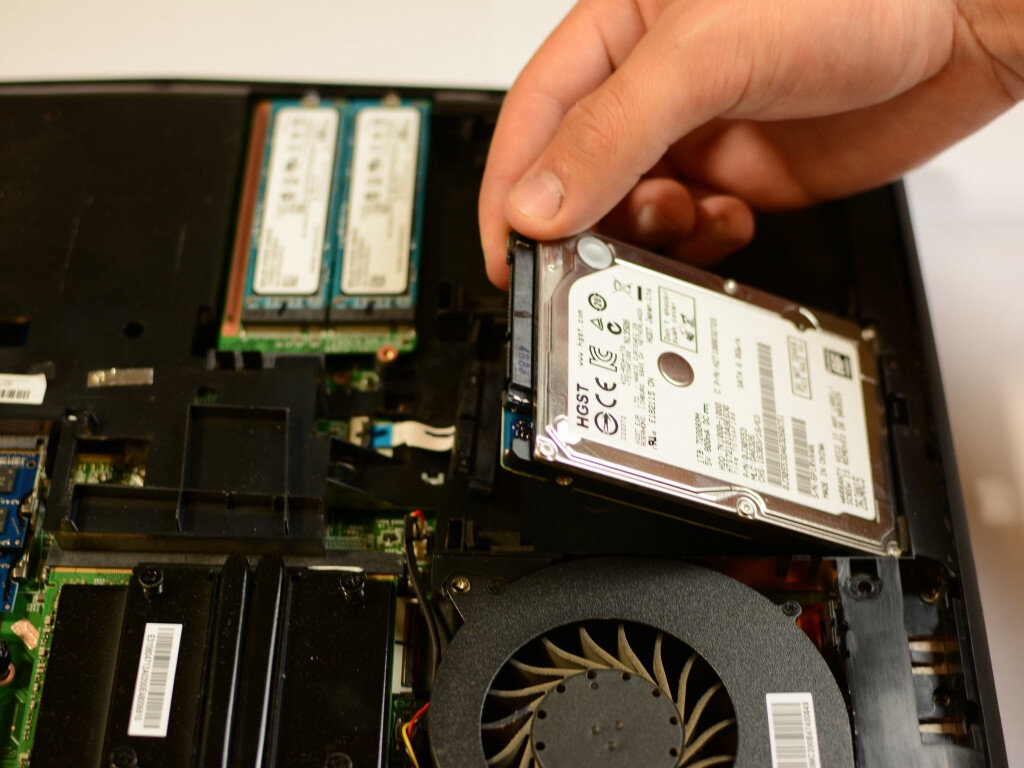India, the land where Buddhism originated over 2,500 years ago, is home to some of the most sacred and culturally rich Buddhist festivals in India. These festivals celebrate key events in the life of Gautama Buddha, pay homage to revered Buddhist figures, and reflect the diverse traditions of Buddhist communities across the country. Attending these festivals offers not just spiritual insight but also a deep cultural and historical experience.
Whether you’re a spiritual seeker or a curious traveler, here are the top 10 Buddhist festivals in India that you must experience at least once in your lifetime.
1. Buddha Purnima – The Most Important Buddhist Festival
Where: Bodh Gaya, Sarnath, Kushinagar, and across India
When: April–May (Full moon day of Vaisakha)
Buddha Purnima, also known as Vesak or Buddha Jayanti, commemorates the birth, enlightenment, and death of Lord Buddha. This sacred day is observed by Buddhists across the world, with India hosting grand celebrations at key pilgrimage sites. Devotees offer prayers, chant sutras, meditate, and engage in charitable acts. Bodh Gaya, the place of Buddha’s enlightenment, sees the largest gatherings.
2. Hemis Festival – A Cultural Spectacle in Ladakh
Where: Hemis Monastery, Ladakh
When: June or July
One of the most vibrant Buddhist festivals in India, the Hemis Festival honors Guru Padmasambhava, who brought Vajrayana Buddhism to Tibet. The festival features traditional Cham dances performed by monks in elaborate masks and costumes. The music, rituals, and spiritual energy of the festival attract both devotees and tourists from around the globe.
3. Losar – Tibetan New Year
Where: Ladakh, Sikkim, Arunachal Pradesh
When: February or March
Losar marks the Tibetan New Year and is celebrated with great enthusiasm in regions with Tibetan Buddhist populations. Monasteries are decorated, traditional dances are performed, and people visit loved ones and spiritual sites. It’s a time for purification, renewal, and seeking blessings for the new year.
4. Kalachakra Festival – The Wheel of Time Ceremony
Where: Bodh Gaya (when held)
When: Varies (held occasionally)
The Kalachakra Festival is a rare and spiritually significant event in Tibetan Buddhism. It is led by the Dalai Lama and involves several days of meditation, teachings, and the construction of a sacred sand mandala. Held at Bodh Gaya, it draws thousands of monks, nuns, and international followers. It’s one of the most profound Buddhist festivals in India for those seeking deeper spiritual knowledge.
5. Drukpa Tsechu – A Festival of Dance and Devotion
Where: Hemis, Shey, and other monasteries in Ladakh
When: September
Drukpa Tsechu celebrates the teachings of the Drukpa lineage of Tibetan Buddhism. The festival features sacred mask dances and rituals meant to dispel evil and bring good fortune. It’s a beautiful expression of Buddhist philosophy through art, movement, and sound.
6. Buddha Mahotsav – A Cultural Fest in Arunachal Pradesh
Where: Tawang, Arunachal Pradesh
When: March or April
This cultural extravaganza celebrates the teachings of Buddha with a blend of religious ceremonies and traditional performances. The festival includes processions, folk dances, art exhibitions, and spiritual talks. It’s one of the lesser-known yet enriching Buddhist festivals in India that showcases Northeast India’s deep Buddhist heritage.
7. Ullambana – A Festival of Compassion for Ancestors
Where: Maharashtra (especially at Buddhist caves and centers)
When: September
Inspired by Mahayana Buddhist tradition, Ullambana is a festival of compassion where prayers are offered to help departed souls find peace. Ceremonies involve chanting of sutras, lighting of lanterns, and food offerings. It’s similar in spirit to All Souls’ Day, reflecting Buddhism’s emphasis on kindness and filial piety.
8. Lhabab Duchen – Commemorating Buddha’s Return from Heaven
Where: Sikkim, Ladakh, Himachal Pradesh
When: October or November
This festival celebrates Buddha’s descent from the Tushita Heaven after teaching his mother the Dharma. Monasteries host special pujas and symbolic reenactments of the descent. Lhabab Duchen is one of the four major Buddhist festivals believed to multiply karma – both positive and negative – manifold.
9. Tsuglagkhang Festival – Celebrations at the Dalai Lama’s Temple
Where: McLeod Ganj, Dharamshala
When: Various times, especially during teachings
While not one fixed festival, the public teachings and gatherings at the Tsuglagkhang Complex—home to the Dalai Lama—are revered events. These occasions bring thousands of monks, students, and tourists to Dharamshala. They offer an intimate opportunity to engage with Tibetan Buddhist teachings in India.
10. Ganden Ngamchoe – Honoring Je Tsongkhapa
Where: Ladakh, Dharamshala
When: December
This festival commemorates the death anniversary of Je Tsongkhapa, founder of the Gelugpa school of Tibetan Buddhism. Devotees light butter lamps and chant prayers. It’s a quiet yet deeply spiritual festival celebrated in monasteries associated with the Gelug tradition.
Why Experience Buddhist Festivals in India?
Attending Buddhist festivals in India is not just about witnessing rituals—it’s about stepping into a living tradition that emphasizes mindfulness, compassion, and inner peace. These festivals allow visitors to explore ancient monasteries, meet monks and nuns, engage in meditation, and learn directly from spiritual teachers.
Many of these festivals are also deeply entwined with local culture and landscape, offering scenic journeys to places like Ladakh, Bodh Gaya, Sikkim, and Arunachal Pradesh. Whether it’s the energy of mass prayers at Bodh Gaya or the color and music of Ladakh’s monastery courtyards, each festival tells a story of devotion and resilience.
Conclusion
India’s Buddhist festivals are vibrant expressions of spirituality, community, and culture. From the globally celebrated Buddha Purnima to the richly local Hemis and Losar festivals, each event offers a unique glimpse into the spiritual legacy of Buddhism. For anyone on a journey of inner discovery or cultural exploration, these Buddhist festivals in India are truly once-in-a-lifetime experiences.



